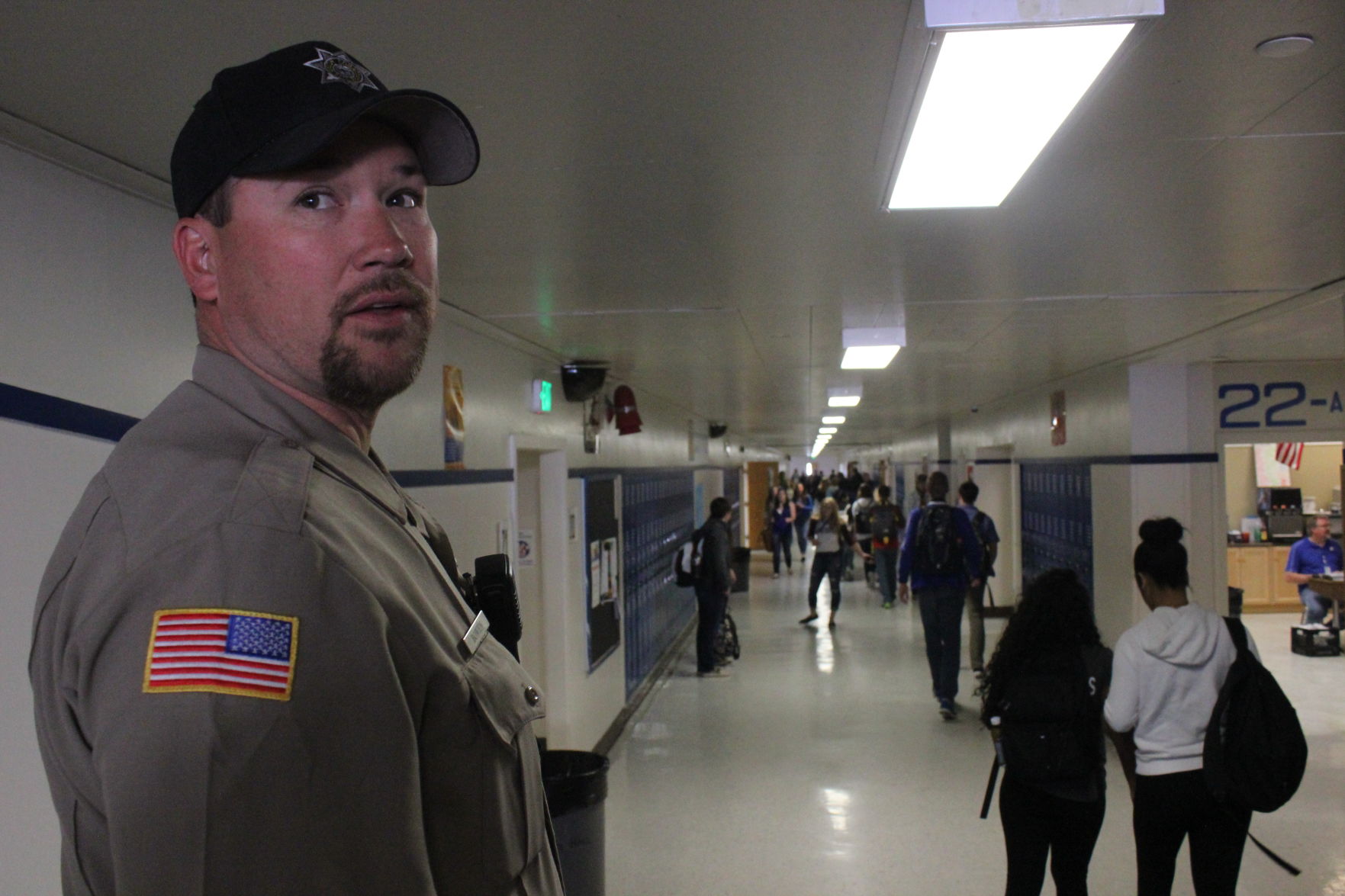Oregon politics taking shape post primary
Published 10:00 am Tuesday, May 24, 2022
SALEM — The votes are still trickling in from the Tuesday, May 17, primary, but the local and national prognostication for the general election in November is in full swing.
Trending
Voting drip, drip, drip
The votes keep coming in from mailed ballots that must arrive by the end of business tomorrow and from the backlog of botched ballots that have to be duplicated because of an error in printing. As of 3.p.m. on May 23, Oregon Secretary of State Shemia Fagan reports 1,074,251 ballots have been returned out of the 2,948,373 sent to voters. That’s 36.44% turnout.
Emptying political pockets on purpose
The rule in tight primary races is to spend all the money you have. If you win, your supporters will refill your coffers. If you lose, any money left in the bank can’t change the outcome.
Trending
The top finishers in the primary stuck to that mantra.
Since January 2021, Democratic gubernatorial nominee Tina Kotek raised $2.64 million and had $118,401 left by the election.
Treasurer Tobias Read came in second in the Democratic primary, but not without putting all his chips on the table. He raised just under $2.15 million and had $24,153.18 left by election night.
Republican primary winner Christine Drazan surged with the help of major donations while other opponents were seeing their wallets empty out early. She raised just under $2.65 million since January 2021 and hit the finish line with $45,125.
Former GOP chair Bob Tiernan finished second to Drazan. He raised just under $1.66 million and hit May 17 with just under $5,900 in the bank.
Independent candidate for governor Betsy Johnson is just cranking up her campaign and has over $5.3 million in the bank, including $1.75 million from Nike co-founder Phil Knight.
But if the past is any indication, the major party candidates will soon see a firehose of funds.
U.S. capital cash is coming
The 2018 GOP candidate for governor, former Rep. Knute Buehler of Bend, dipped under $100,000 in his campaign account to win a surprisingly close three-way Republican primary.
National Republican Party and business groups soon were writing big checks (including Knight, who was backing Buehler in that race) before summer had even started. They pulled the challenger’s campaign finances off the mat and sustained a spending tempo to compete with Brown’s own conveyor belt of cash.
Buehler and Brown together set a new record, spending just under $40 million in direct contributions to their campaigns.
Johnson last week was betting that the trio of candidates will blow past that amount, with as much as $75 million in spending before all the votes are in and counted in mid-November.
McLeod-Skinner lead holds
The insurgent candidacy of Democrat Jamie McLeod-Skinner against U.S. Rep. Kurt Schrader, D-Canby, has held on to its victory margin as more voting totals have come in. She’s doing best at the far ends of the House district that crosses the Cascades.
Overall, McLeod-Skinner is winning 59% of the vote in the 5th District, less than a percentage point below where she was running when the first votes were released on election night.
Currently, Schrader is winning in three of the five counties in the district: Marion, Linn and in the few votes that have come in from Clackamas County. But McLeod-Skinner has been able to offset those county counts by winning 70% of the vote in Deschutes and 60% in Multnomah.
The apparent win by progressive Terrebonne attorney McLeod-Skinner over moderate Schrader in the Democratic primary could cause more turmoil, some top political forecasters said after the primary election day.
The Center for Politics at the University of Virginia moved the race from “Likely Democratic” to “Leans Democrat” because of the loss of an incumbent.
“As we wait for the race to be called, we’re moving the race from Likely Democratic to Leans Democratic – it may be a Toss-up before long,” wrote J. Miles Coleman, an analyst for the center. “It is among the kinds of seats we could see flipping in a good Republican environment.”
Analysts: Drazan gives GOP best shot at upset
It’s been 40 years since a Republican won Oregon’s governorship and winning in 2022 remains a historical longshot.
But some top national political forecasters see an opportunity in the surprise outcome of the Republican primary.
Drazan, the former house minority leader, has a conservative track record in the Legislature, but has distanced herself from the strident rhetoric of former President Donald Trump and his most fervent allies.
Democrats picked the most liberal leading candidate, Kotek, Oregon’s longest serving speaker of the house. That isn’t unusual in a state with a liberal-left tilt in the strongly Democratic urban areas.
Johnson, a former Democratic state senator from Scappoose, is launching a well-funded campaign running without party affiliation, and has the deep-pockets support of Knight. She’s trying to stake out a middle between the left and right to pull off the first successful independent campaign for governor in 92 years.
FiveThirtyEight.com, a top political handicapping website, said the victory of Drazan in the GOP race narrows the width of the political spectrum Johnson had hoped to see.
Drazan is a relatively moderate suburbanite woman in a Republican party that has had trouble making inroads with moderates, suburbanites and women in general.
The GOP candidate “will have a decent shot at winning the general election given the unpopularity of the outgoing governor and the presence of a strong independent candidate,” the FiveThirtyEight analysis projected.
Still unknown will be the effect on state races of the Roe vs. Wade abortion decision. Kotek and Johnson are pro-choice, while Drazan is endorsed by Oregon Right to Life. A cratering economy would also add turmoil to a three-way race.
Oregonian: Hall should resign
The Oregon Secretary of State and other state and local officials have been angry over the long delay in waiting for the final result of the voting in Clackamas County.
The Oregonian newspaper came out May 22 calling for Clackamas County Clerk Sherry Hall to resign, saying the current gridlock in county voting adds to previous mistakes in erroneously printed ballots in 2010 and the arrest and conviction of a temporary poll worker under Hall’s supervision who filled in votes on ballots send in blank by voters.









